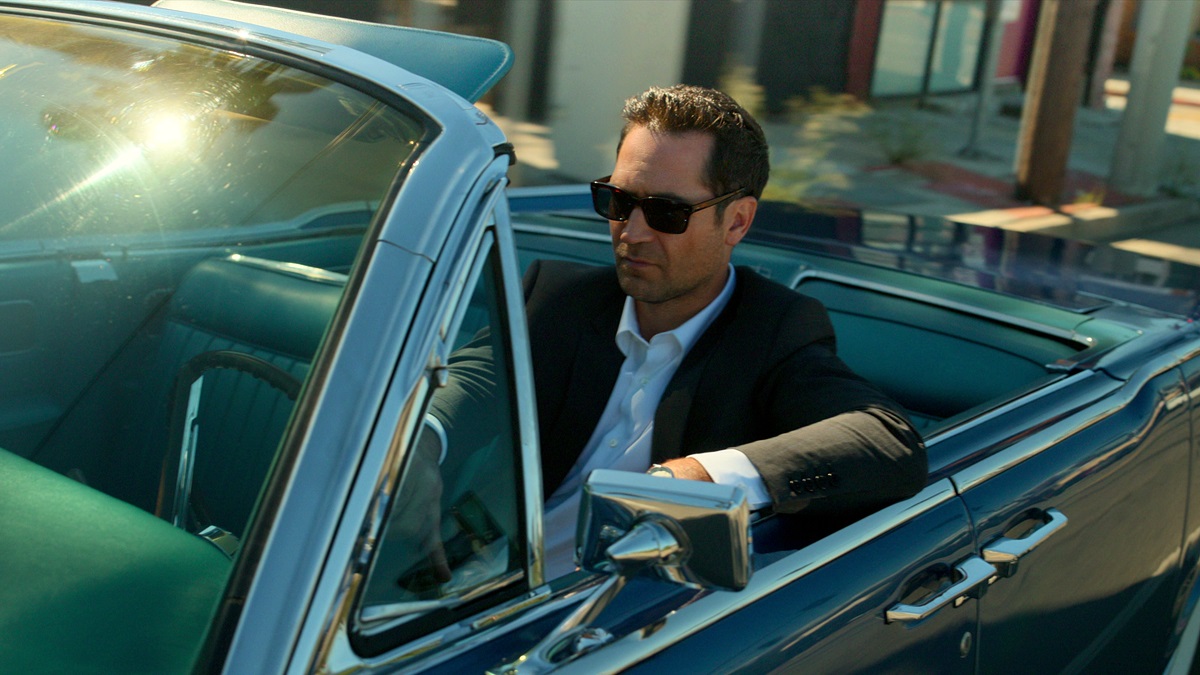Legal thrillers have long been a gripping favorite for readers, and Michael Connelly’s The Lincoln Lawyer series often stands out.
Following the adventures of defense attorney Mickey Haller, this series offers a unique perspective on the legal world. It’s also the source material for the hit Netflix series of the same name. However, to fully appreciate the evolution of Mickey Haller’s character and the intricacies of each case, it’s essential to read The Lincoln Lawyer books in order.
The Lincoln Lawyer (2005)
The debut novel in the series, readers are introduced to Mickey Haller as he defends Louis Roulet, a wealthy client accused of assault and attempted murder. The book’s title referred to Haller’s penchant for conducting his legal business from the backseat of his Lincoln Town car, a symbol of the unconventional approach he brings to the courtroom. This novel lays the foundation for the character and establishes the tone and style that would become hallmarks of the series.
The Brass Verdict (2008)
The second installment of The Lincoln Lawyer book series sees things finally looking up for Haller. After the murder of Hollywood lawyer Jerry Vincent, Haller inherits his biggest case. Now, he must defend a prominent studio executive who is accused of killing his wife and her lover. However, as Haller investigates the case, he finds that Vincent’s killer is coming for him next. The case intertwines with events from The Lincoln Lawyer, and introduces readers to another of Connelly’s popular characters, Harry Bosch. The Brass Verdict delves deeper into Mickey Haller’s character and his ability to navigate the world of legal ethics.
The Reversal (2010)
The Reversal sees Mickey Haller teaming up once again with his half-brother, LAPD Detective Harry Bosch. Switching up from defense attorney to prosecutor, Haller is required to prosecute a retrial of a brutal child murder. When new evidence absolves the convicted killer, Jessup, Haller believes otherwise. Against formidable odds and a compelling array of evidence, Bosch and Haller are charged to conclusively apprehend a sadistic killer. The dynamics between the two brothers also adds an extra layer of complexity to the storyline.
The Fifth Witness (2011)
When tough times find Haller, he expands his criminal defense business to foreclosure cases in The Fifth Witness. While helping families and investigating banks cut corners, a client of his is accused of murdering the banker she holds responsible for trying to seize her home. As Haller’s team tries to exonerate the client, both evidence and Haller’s instinct tell him that she is guilty. Moreover, when Haller is assaulted, he knows he’s on the right track. The fourth installment of The Lincoln Lawyer explores the impact of the financial crisis on individuals, and the legal challenges associated with these cases.
The Gods of Guilt (2013)
The fifth book in the series features Mickey Haller returning to criminal defense, as he takes on the case of a digital pimp accused of murder. He soon discovers that the victim was a former client of his, a prostitute he believed he had rescued and guided onto a better path. He realizes that rather than saving her, his actions may have placed her in jeopardy. The novel delves into the theme of guilt and redemption, providing a thought-provoking exploration of the legal system.
The Law of Innocence (2020)
The Law of Innocence sees Haller facing his toughest case yet — defending himself against murder charges. When a client’s body is found in the trunk of his Lincoln, he is immediately charged with murder. While Haller knows that he has been framed, he has to defend himself in court and find who has it out for him. This installment of The Lincoln Lawyer showcases Haller’s resilience as he navigates the legal system from the other side of the courtroom, offering readers a unique perspective on the character.
Resurrection Walk (2023)
The latest addition to The Lincoln Lawyer book series follows Mickey Haller after he successfully gets a wrongfully convicted man out of prison. In the mass of incarcerated people claiming innocence, Haller and his team find a suspicious case — a female inmate serving time for the murder of her husband, a sheriff’s deputy. As Haller and his team attempt to reopen the case, they face perilous challenges from individuals determined to prevent any reconsideration of the evidence.

